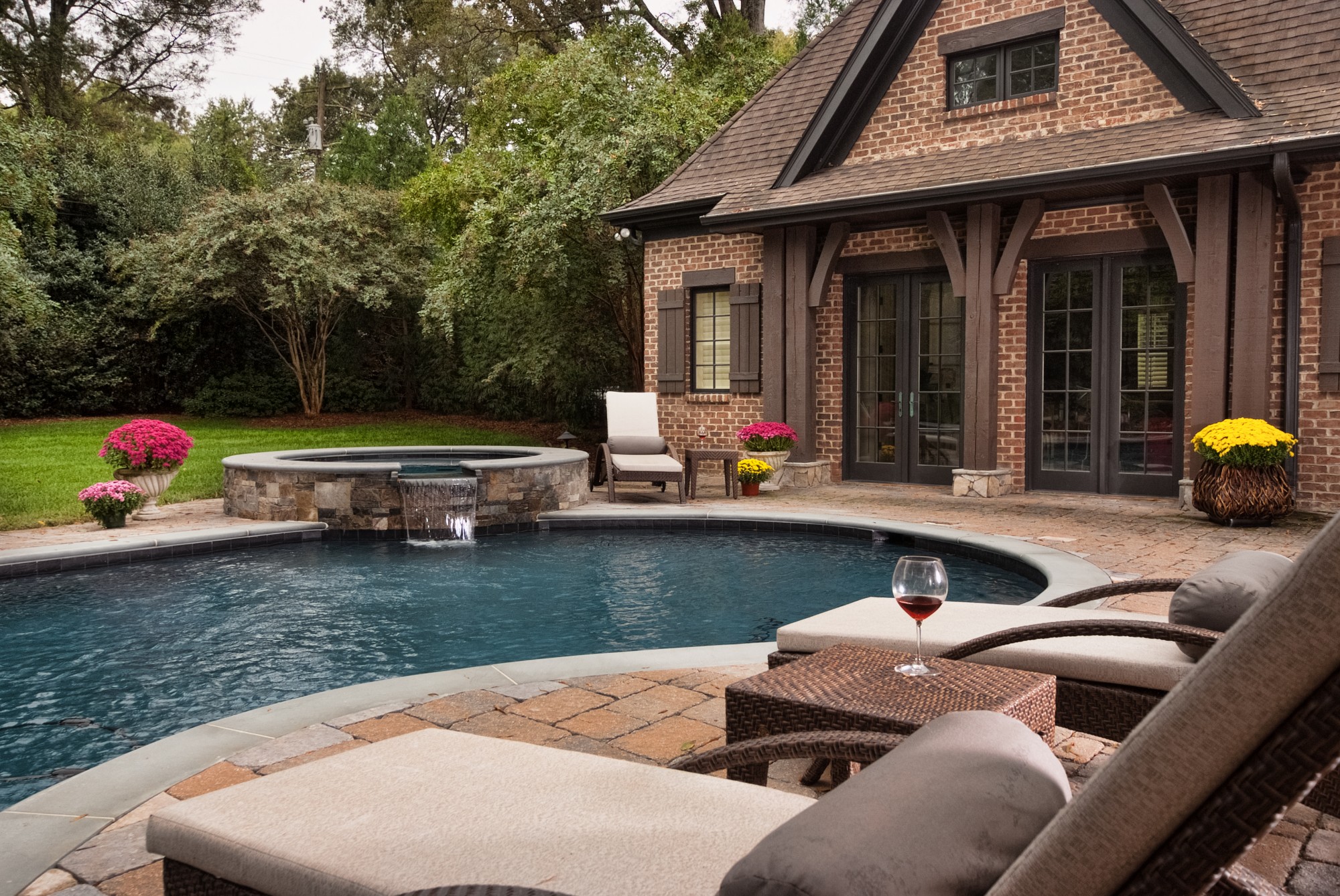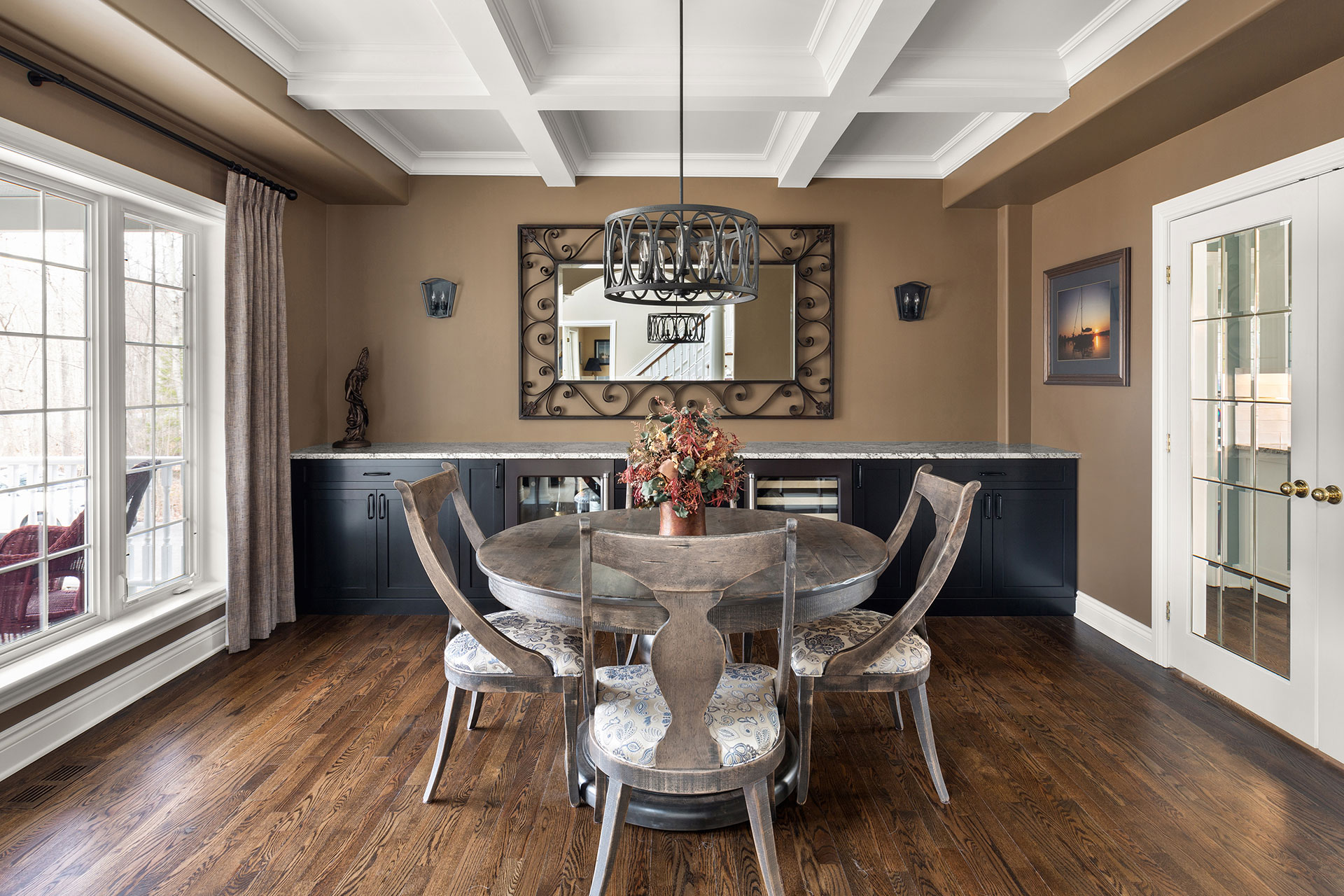As a homeowner, it’s inevitable that you’ll be making changes or upgrades to your house. Now that tax season has started, you may be wondering if there’s any kind of rebate or tax break you can get for increasing your home’s appeal or property value. The answer depends on the type of renovation and when the renovation is made. Bucks County home builders put together a guide to home improvements and taxes so you can better understand which home improvements will bring in a refund on your tax return (and which ones won’t).
Improvements Vs. Repair
When it comes to taxes, the money you spend on your home can be categorized in two ways – capital improvements and repairs.
- Capital improvements are those that add value to your home, prolonging its life or bringing it into the modern age. The costs associated with these improvements can be added to your home’s tax basis, or the amount you’ll subtract from the sale price of your home when you sell it. Typically, improvements like additions, swimming pools, new roofing, or home security systems qualify as a capital improvement. Energy-saving home improvements can also yield tax credits.
- Repairs made to your home are not added to your tax basis. Roanoke painters say projects like painting a room or pressure washing the siding are viewed as repairs as opposed to improvements and won’t boost your tax refund.
Nature of the Renovations
Improvements that are made for medical reasons can be deducted from your income. Things like entrance/exit ramps, modified bathrooms, and handrails are improvements that can be deducted as medical expenses.
If you own a business and operate out of a home office, you can qualify for certain deductions. Costs directly associated with the improvement or development of your home office can be depreciated as business costs on your taxes. These include things like hiring a contractor to install bookshelves in your office or build an extension onto your home to serve as an office space. Conversely, home improvements that benefit the entirety of your home are depreciable based on the percentage those improvements will be utilized for business. If you’re going to use 20% of your home to operate your business, you can depreciate 20% of the cost to upgrade your home’s air conditioning unit.
Timing of Renovations
The timing of your home renovations can also be a factor in determining whether you’ll receive a refund on your taxes. For instance, if you make improvements to your home at the time of purchase, you can deduct interest from your income as part of your mortgage interest deduction.
Get the most back on your taxes this year by claiming what you can when it comes to home renovations!




